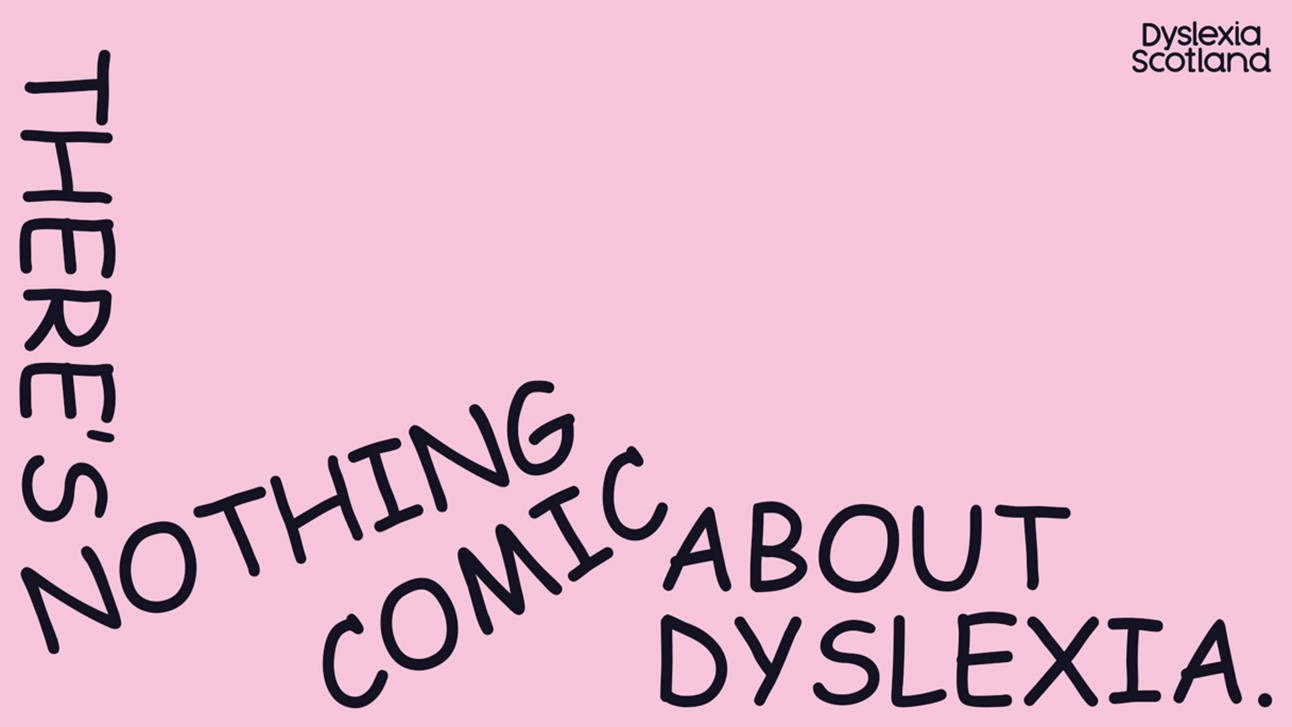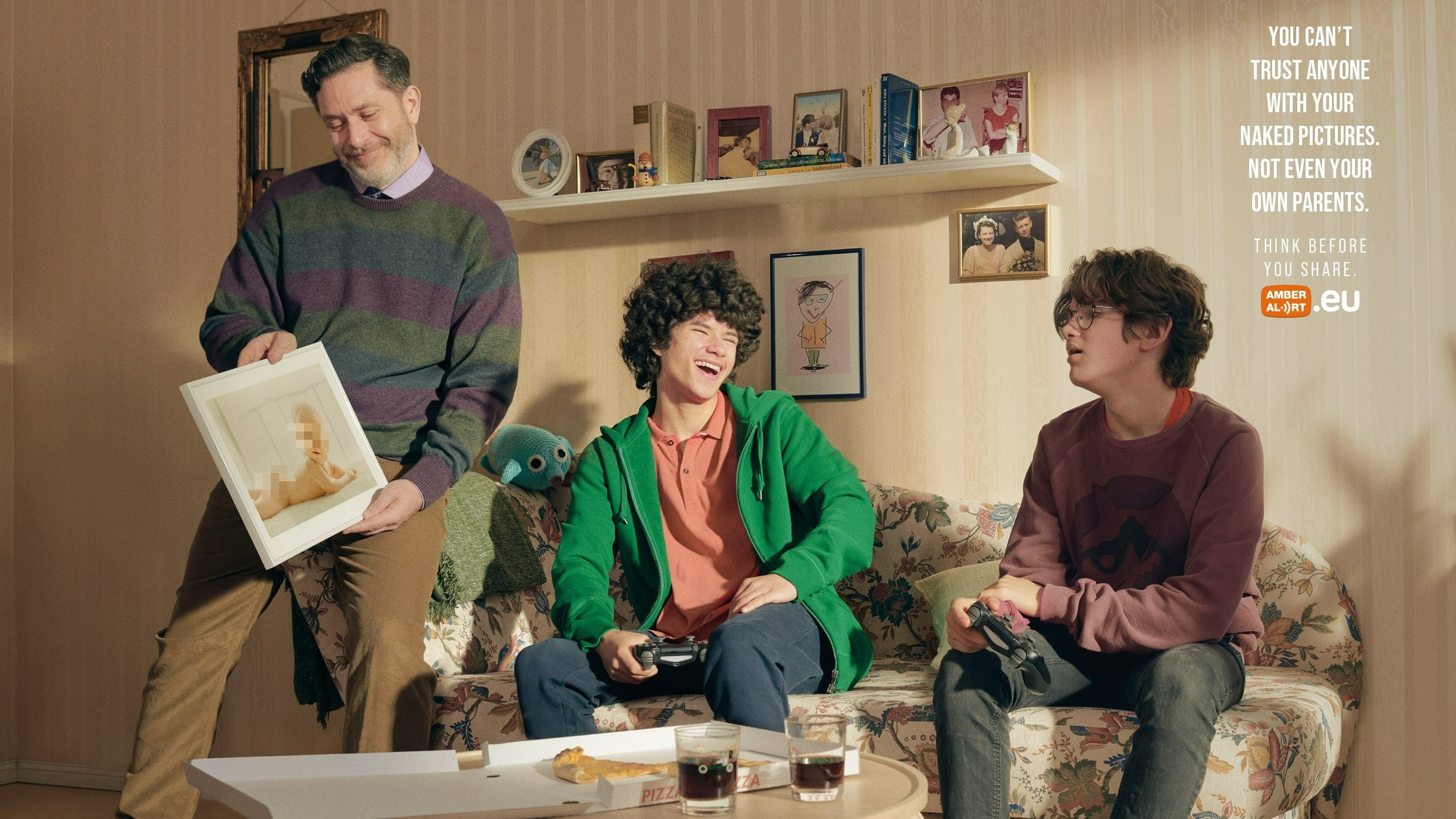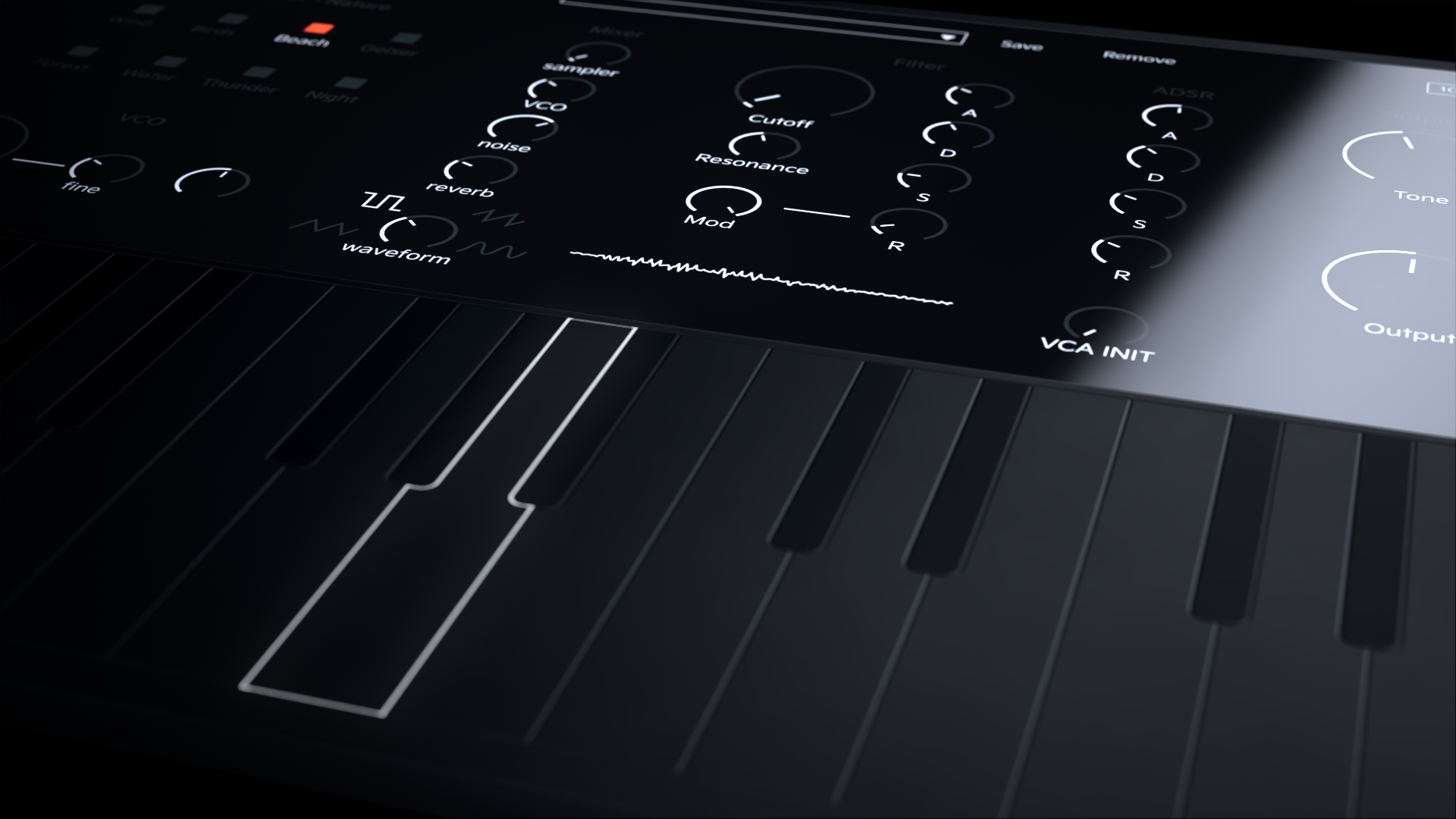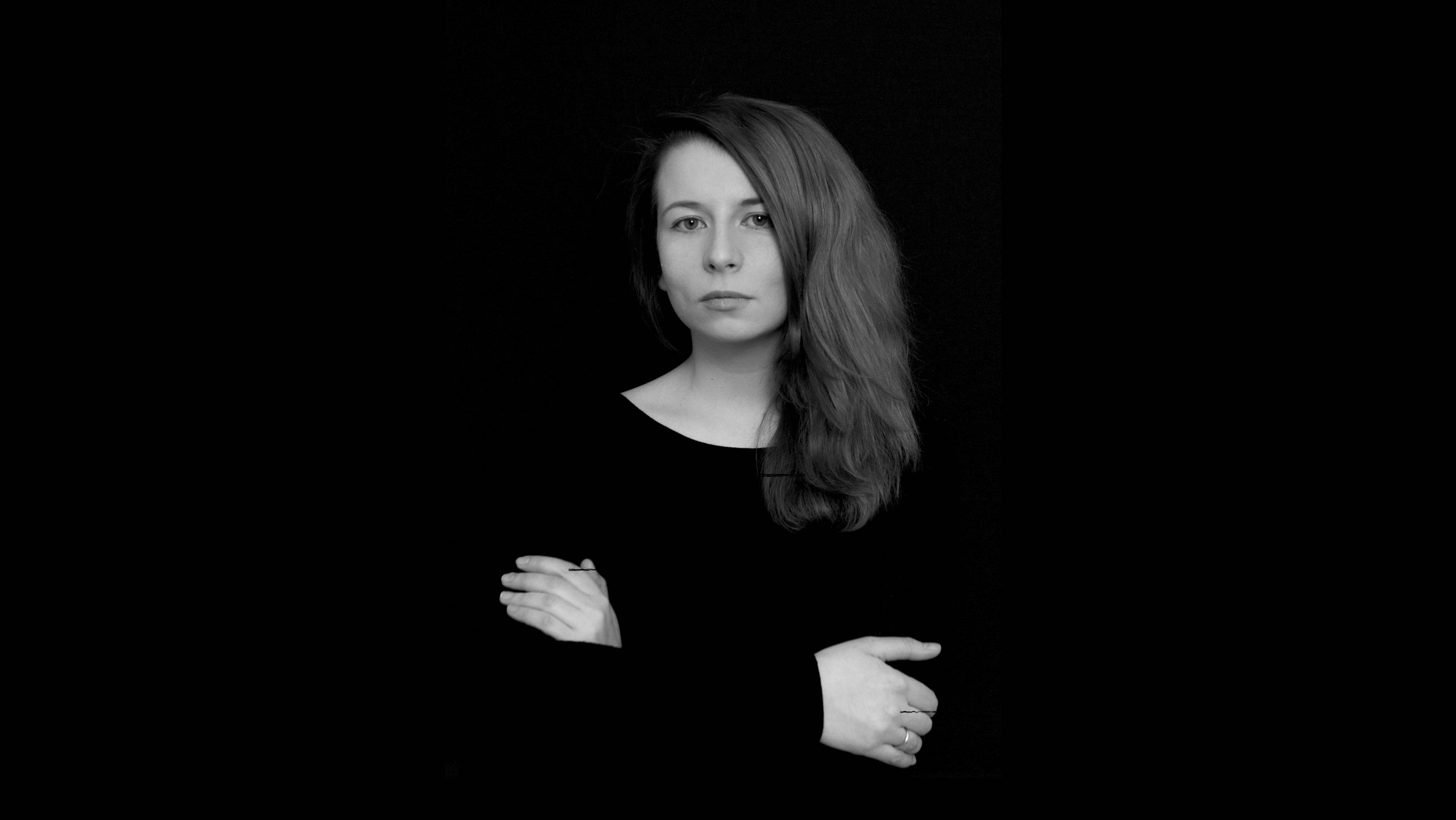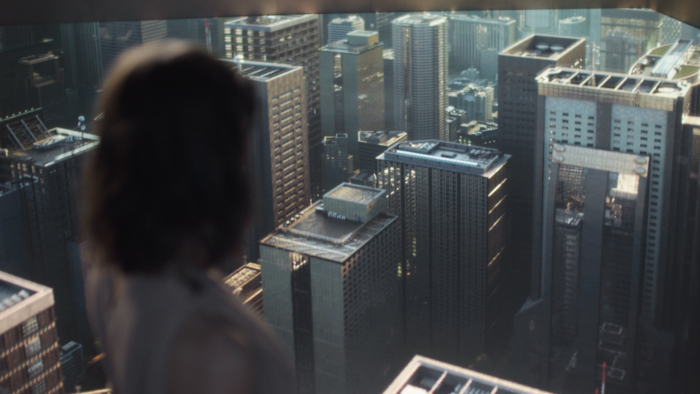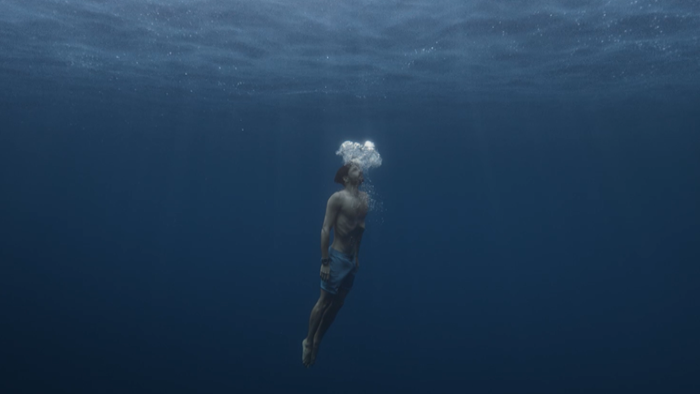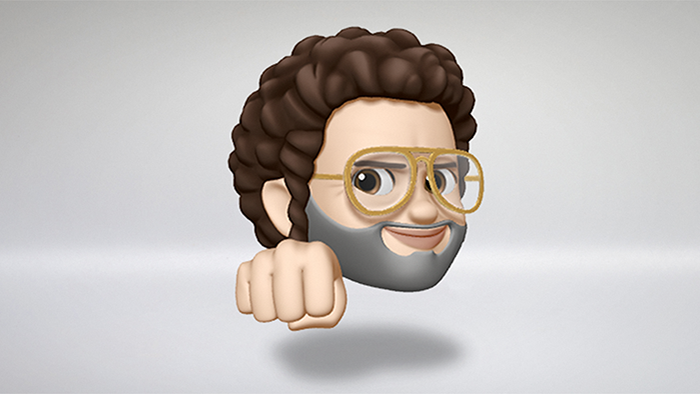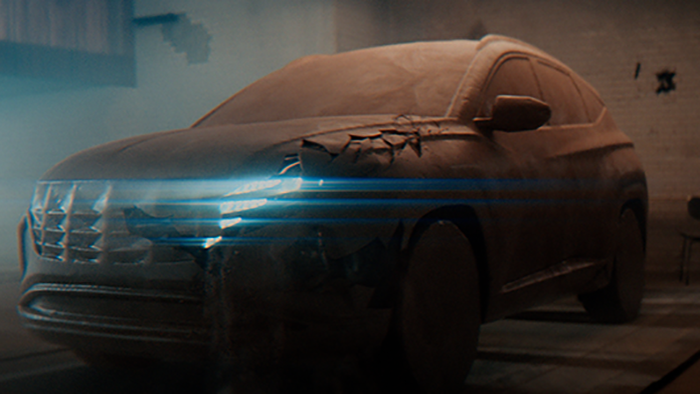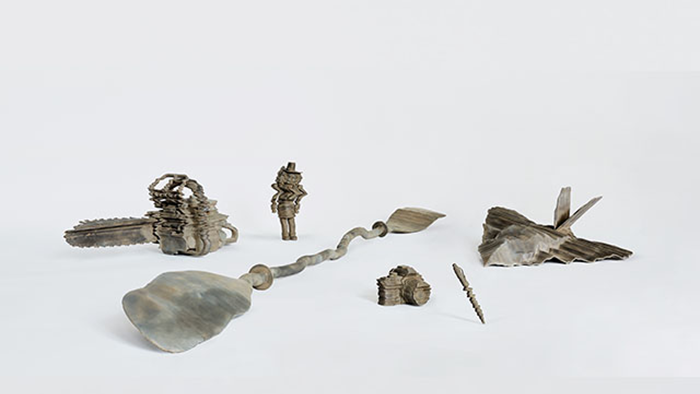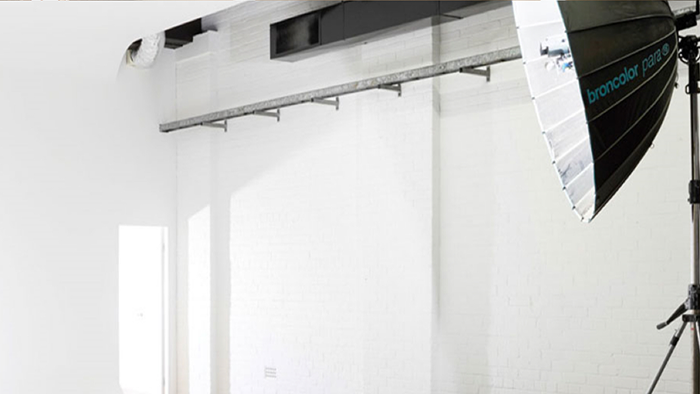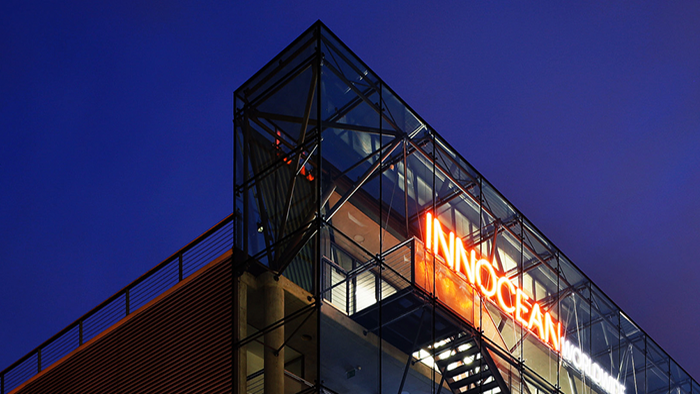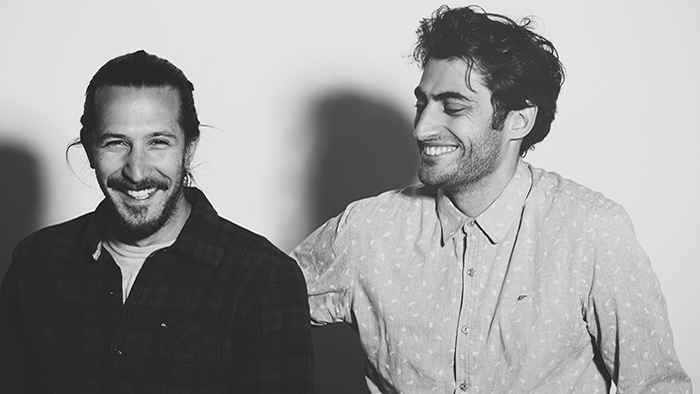
Machine 'affected' by Parkinson’s Disease creates unique art pieces
Juli 2019 | Berlin
Kinetic and neurological data from Parkinson’s patients used to create distorted 3D-printed versions of beloved objects. The art collection visualises the disease’s impact on patient’s lives. Charité Berlin, Europe’s largest University Hospital presents “Printed by Parkinson’s”, an emotionally moving art collection available at Berlin’s Alte Münze gallery (Am Molkenmarkt 2, 10179) for one week as of today. The art collection and docuseries give a unique insight into the lives of six Parkinson’s patients – increasing awareness and stressing the importance of finding a cure. Across the globe, more than 10 million people suffer from Parkinson’s Disease — the fastest growing neurological disorder worldwide — and its debilitating consequences. The fundraising art project centers around patients under the care of Prof. Dr. med. Andrea Kühn, Head of Movement Disorders and Neuromodulation Section at Charité Berlin. Each one sharing their personal perspective and experiences living with the disease. Their daily lives aren’t just affected by tremors but also by freezing and rigidity, making it difficult to work, exercise, carry out beloved hobbies or simply operate everyday objects. As most patients socially isolate themselves at some point, it’s important to find innovative ways to open up the topic to a wide audience and create awareness around the fact that more research toward a cure is urgently needed. To make their stories heard and their daily struggle tangible, the patients’ kinetic and neurological data was used to create 3D-models. In turn, the individual art pieces were 3D-printed as if the printer itself was ‘infected’ by their symptoms. The one of a kind collection of distorted art features beloved objects they have difficulties in using — such as a pen, camera, kayak paddle or even a chainsaw. Each piece provides a unique perspective on what it means to live with this incurable disease. Medication, therapy, and surgical operations can help to control the symptoms for the time being. However, there is no treatment yet that stops the progression of the disease. Charité Berlin is taking a leading role in Parkinson’s research but relies on financial donations to makeprogress. Prof. Dr. med. Andrea Kühn, Head of Movement Disorders and Neuromodulation Section at Charité says “There is always a need for us to have financial support and research can only work if you can continue to work very meticulously in one area. It is the small partial successes that take us further and put us on the right track, so that we can hopefully establish real improvements for patients in everyday life. All donations help us to make the next small steps forward. Currently, we are in the process of developing active stimulation and that would also be our goal in the research projects to make progress there. We use the money to give doctors the opportunity to carry out more detailed scientific projects in that field.” Torsten Römer, Parkinson’s Patient at Charité and contributor to the art collection says: “A graphical and visual concept like this provides insight on the real stories behind the disease. As you can actually touch and see the impact of this disease, it’s an amazing way to educate people.” The complete Printed by Parkinson’s collection officially launches today (22 July), World Brain Day, at Berlin’s Alte Münze gallery (Am Molkenmarkt 2, 10179). There, all six 3D-printed art pieces will be available for sale, raising funds to further Charité Berlin’s Parkinson’s research. The full collection and docuseries created by Innocean Worldwide Berlin and produced by MediaMonks can also be found at www.printedbyparkinsons.com.


